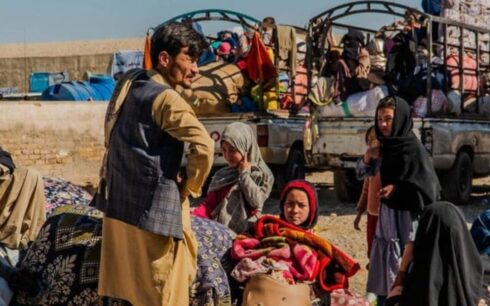KABUL, Afghanistan — Noor Jallal Jalali, the Taliban’s minister of public health, has traveled to China to participate in a bilateral health meeting aimed at enhancing cooperation between the two countries, according to Taliban officials.
Sharafat Zaman Amarkhil, Taliban spokesman for the Ministry of Public Health, said the purpose of the visit is to “strengthen bilateral cooperation in the health sector.” Jalali is also expected to hold meetings with senior Chinese health officials during his trip.
The Taliban claim that the visit seeks to “standardize Afghanistan’s healthcare system” and promote comprehensive partnerships with international organizations to address the country’s pressing health needs.
Jalali’s visit comes amid mounting concerns over the state of Afghanistan’s healthcare system, which has been severely affected by reduced international aid following the Taliban’s return to power. The United Nations has previously identified restrictions imposed by the Taliban on women’s employment as a major factor behind the decline in foreign assistance.
In a recent report, the World Health Organization (WHO) noted that Taliban policies limiting women’s participation in aid organizations, especially in healthcare, have significantly hampered women’s access to essential medical services.
Ban on women in medical education
The trip to China also coincides with a newly reported directive by the Taliban’s supreme leader, Hibatullah Akhundzada, barring women from attending medical and semi-professional institutes.
On Monday, sources confirmed that Jalali conveyed this directive during a meeting with heads of medical institutes in Kabul, stating that women would no longer be permitted to study at these institutions.
This latest ban eliminates one of the few remaining avenues for women to pursue higher education after the Taliban barred women from universities in December 2022 and restricted secondary education for girls over the past three years.
Observers warn that these policies will not only devastate educational opportunities for women but also exacerbate the country’s already fragile healthcare system, which faces acute shortages of female medical professionals essential for providing care to women.





